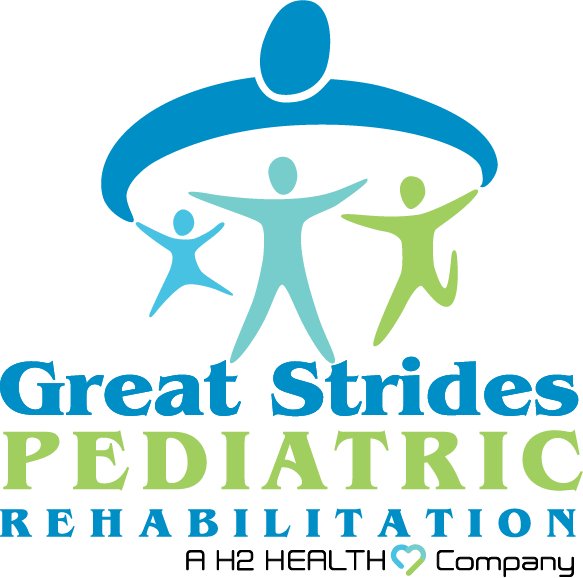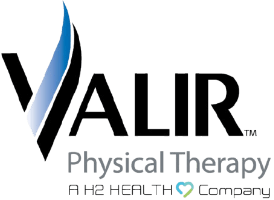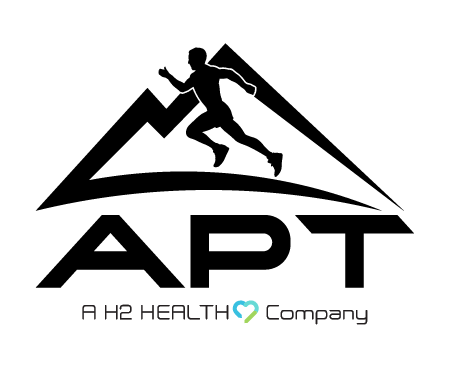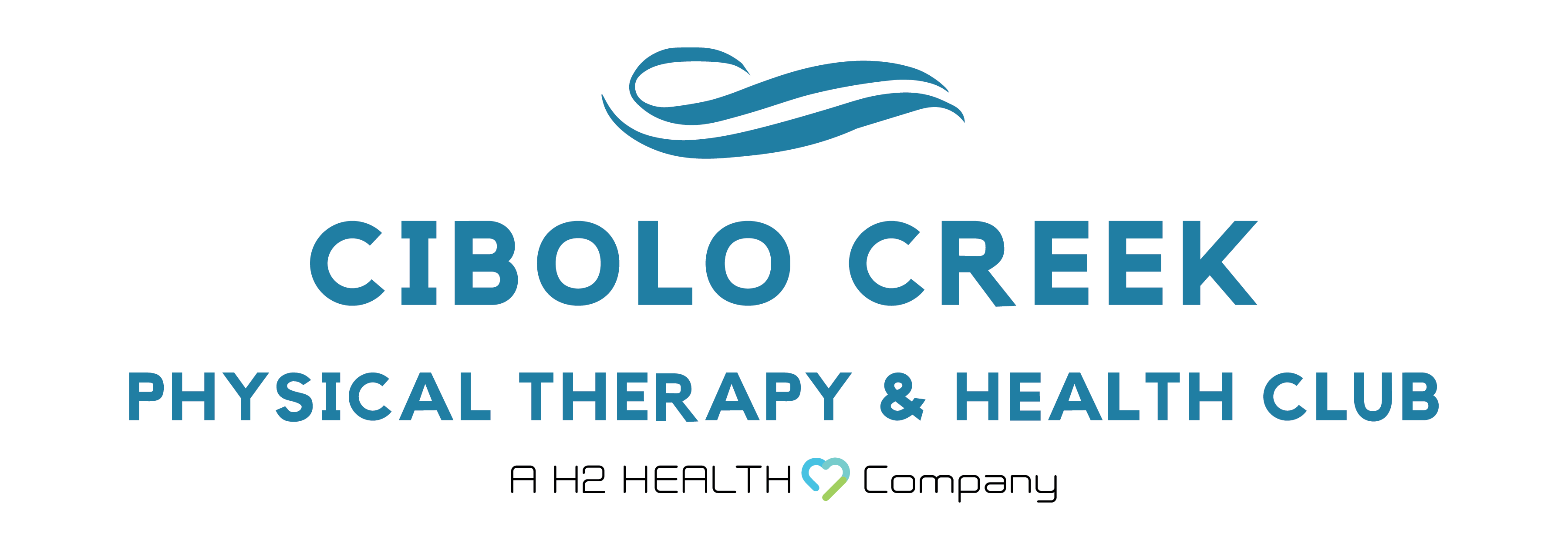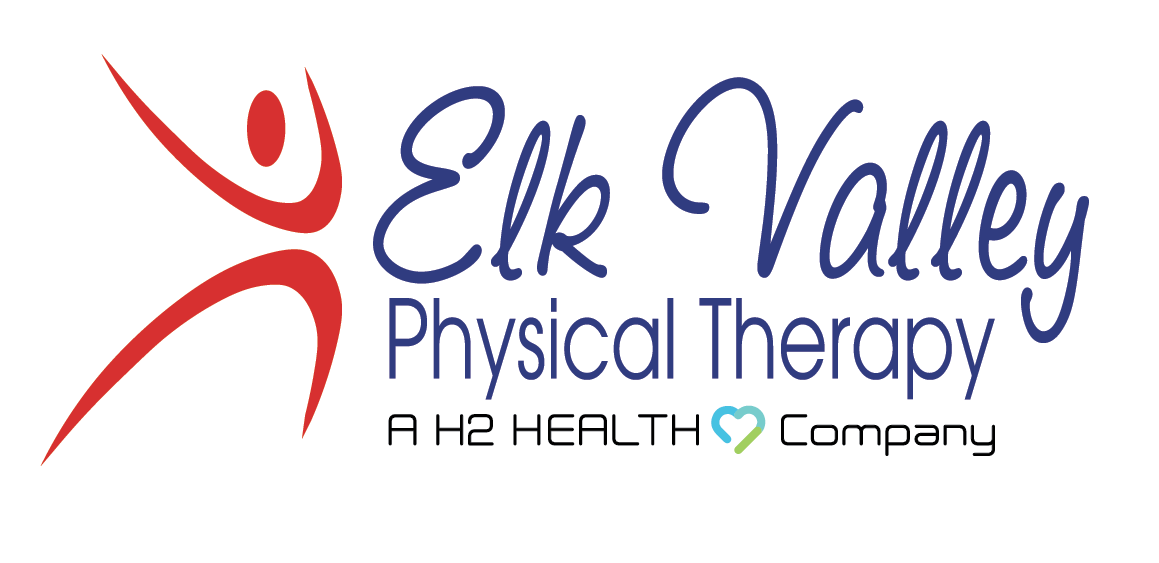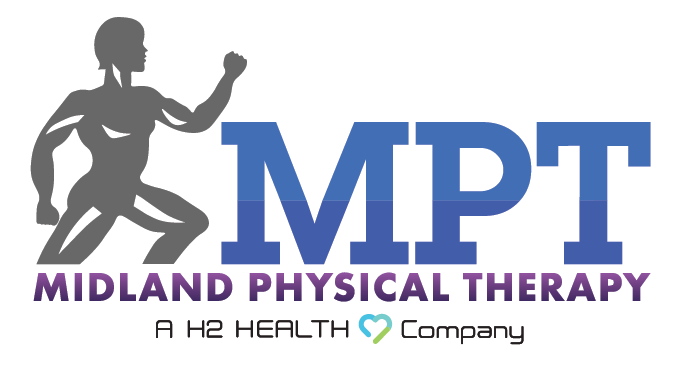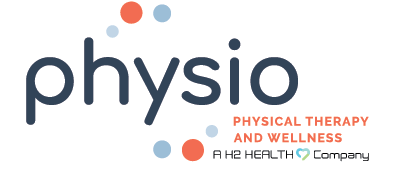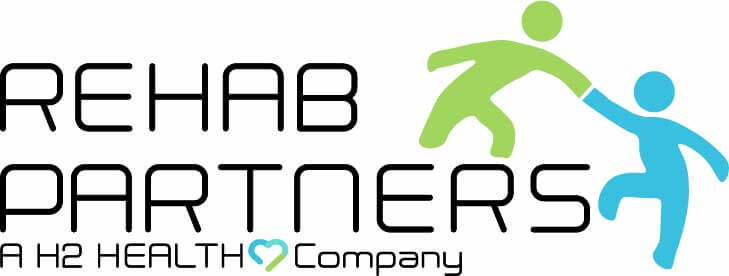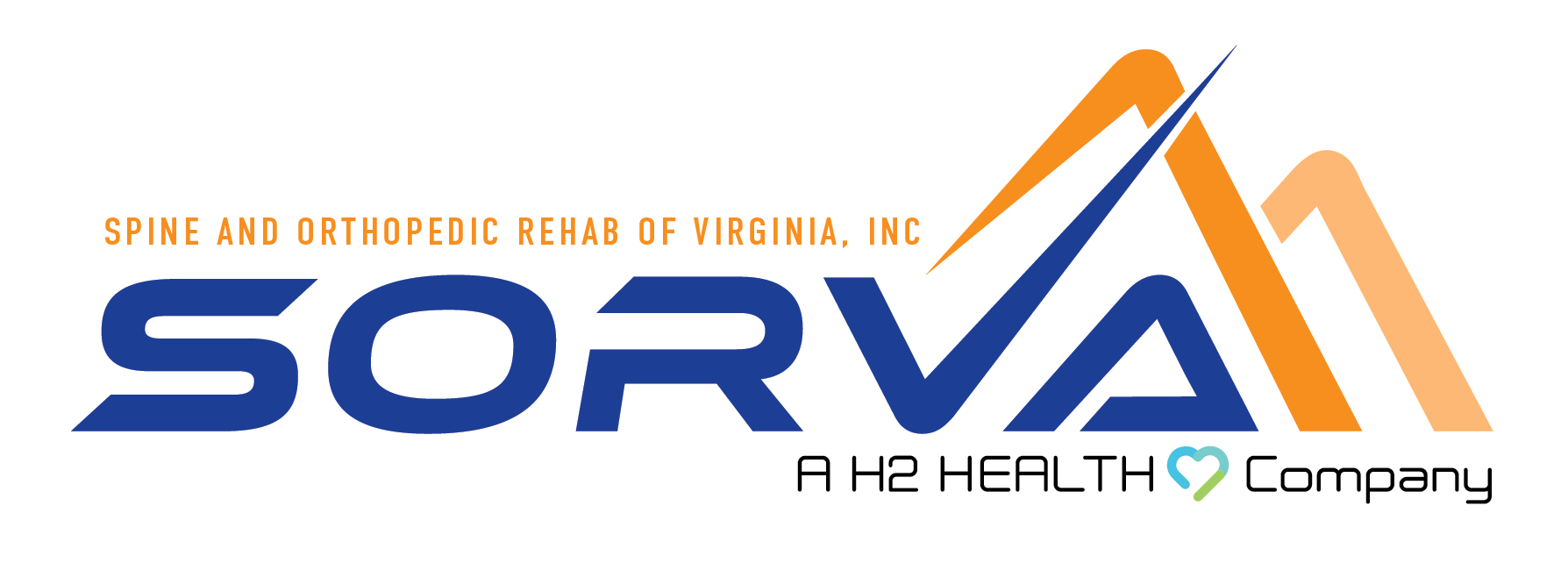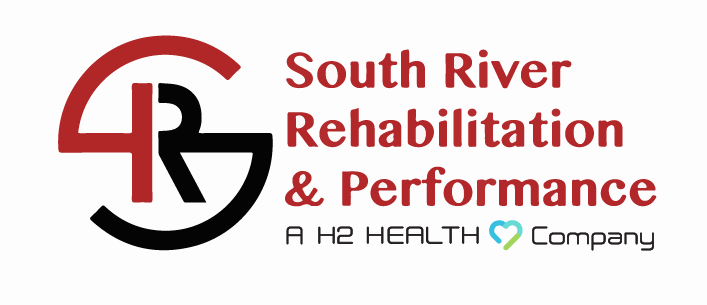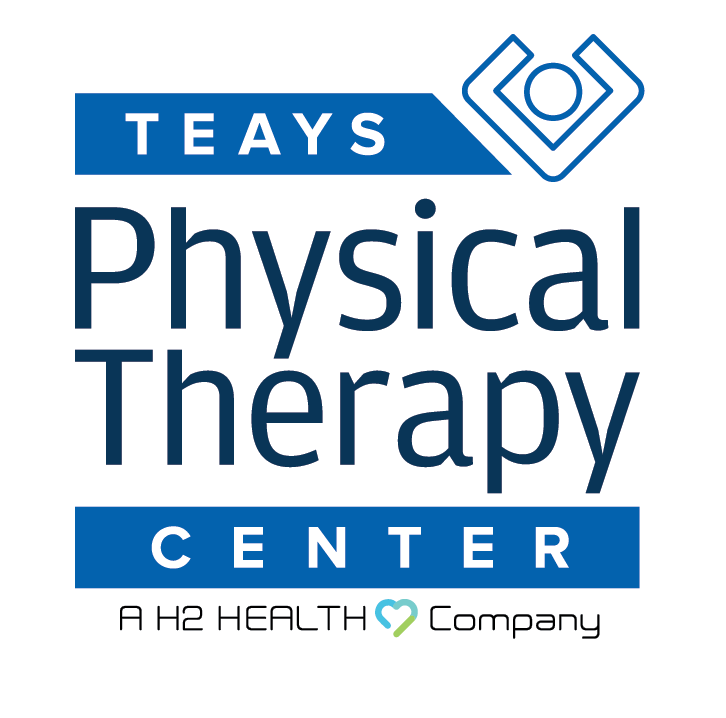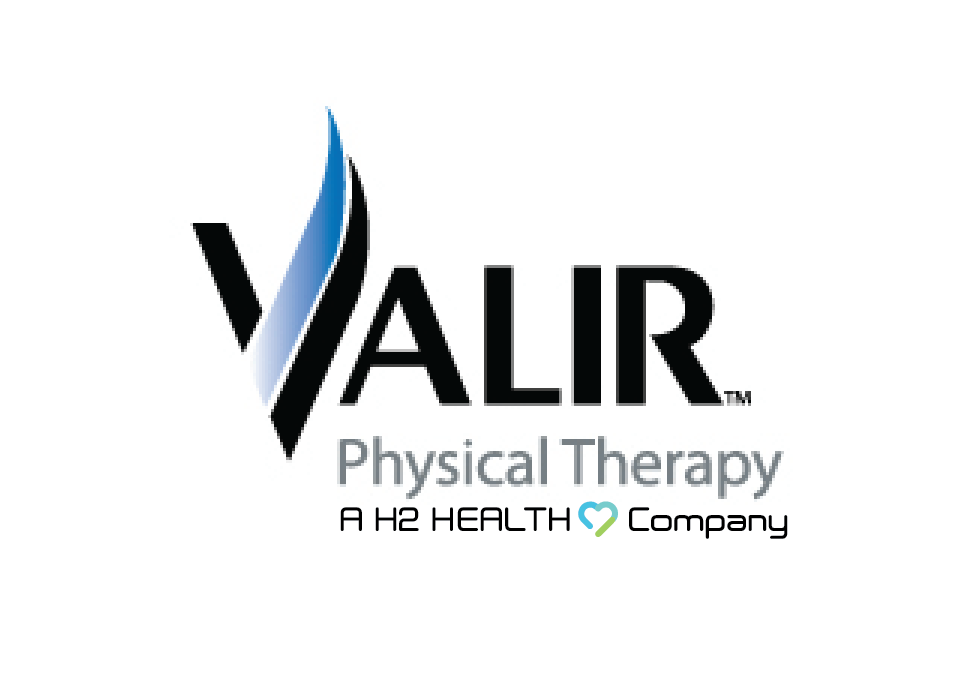
Lower back pain is a frustratingly common problem, affecting millions of Americans each year. One significant cause of lower back pain is a herniated disc. Herniated discs can make it hard to do everyday activities like standing, sitting, walking, or sleeping.
This blog post explores treatment options for herniated discs, focusing on physical therapy and rehabilitation benefits.
Understanding Herniated Discs
The human spine provides both flexibility and support. It has individual vertebrae with specialized discs to cushion the space between them.
These discs act like shock absorbers, preventing the bones from grinding together. Each disc has a tough outer shell and a soft, gel-like center.
A herniated disc occurs when the outer shell weakens or tears, bulging the soft center outward. This bulge can press on nearby nerves, causing pain, numbness, and weakness.
Causes and Risk Factors of Herniated Discs
Several factors can contribute to a herniated disc. Age is a significant risk factor, as the discs weaken and degenerate over time. Lifting heavy objects incorrectly or with twisting motions can put stress on the discs in your spine and make them more likely to herniate.
Lifestyle factors like obesity and a lack of exercise can contribute as well.
Symptoms of Herniated Disc
The pain caused by a herniated disc can vary depending on the location and severity of the herniation. The most common symptom is lower back pain that may worsen with certain activities, such as bending, twisting, or lifting. You may also experience sciatica, pain radiating down the leg along the sciatic nerve path. Other symptoms can include numbness, tingling, or weakness in the leg.
At H2 Health we can perform a physical exam and analyze any imaging studies you bring in to determine whether you have a herniated disc. Early diagnosis and treatment are crucial for preventing further complications.
Physical Therapy for Herniated Disc Relief
Physical therapy is often the first-line treatment for herniated discs. At H2 Health, our experienced physical therapists can design a personalized treatment plan to address your needs.
Physical therapy offers a multifaceted approach to treating herniated discs, using exercises aimed at core strengthening, flexibility, and reducing pressure on the nerves.
When treating a herniated disc, physical therapy targets several key factors, including pain, flexibility, and range of motion. It also strengthens core muscles for better spinal support and teaches proper posture and body mechanics.
Your physical therapist may utilize various techniques, including:
Manual Therapy
Hands-on techniques like massage, joint mobilization, and manipulation can help improve flexibility, reduce muscle tension, and promote healing.
Therapeutic Exercises
A personalized exercise program will strengthen core muscles, improve flexibility, and promote proper body mechanics.
Ultrasound Therapy
Ultrasound uses sound waves to generate heat deep within the tissues, promoting blood flow and reducing inflammation.
Electrical Stimulation
Electrical stimulation can help relieve pain, reduce muscle spasms, and improve muscle function.
Heat and Ice Therapy
Applying heat or ice can help manage pain and inflammation. Your therapist will advise on using heat and ice therapy for your specific condition.
Education
Your physical therapist will educate you on proper posture, lifting techniques, and other strategies to prevent further injury.
Benefits of Physical Therapy for Herniated Disc Treatment
Physical therapy offers numerous benefits for herniated discs:
- Non-invasive and safe
- Effective pain relief
- Improved flexibility and range of motion
- Strengthening core muscles
- Reduced risk of surgery
What to Expect During Your First Physical Therapy Session for a Herniated Disc
Feeling apprehensive about your first physical therapy appointment for a herniated disc is normal. Here at H2 Health, we want to put you at ease and let you know what to expect during your initial session.
Your physical therapist will begin by asking detailed questions about your medical history, current symptoms, and overall health. This may include past injuries, surgeries, and any medications you’re taking.
Be prepared to discuss the specifics of your herniated disc, including the location and severity of your pain. Including any radiating symptoms like numbness or weakness, and how the pain impacts your daily activities.
Following the discussion, your physical therapist will conduct a thorough physical examination. This may involve assessing your posture, range of motion in your spine, muscle strength, reflexes, and any neurological changes.
Your therapist will explain their findings clearly and discuss the potential causes of your herniated disc.
They will then work with you to develop a personalized treatment plan specific to your needs and goals. This plan may include manual therapy techniques, therapeutic exercises, proper posture and ergonomics education, and recommendations for managing your pain at home.
It’s important to understand that physical therapy is a long-term approach to healing. While you may experience some immediate pain relief, achieving optimal results typically takes several weeks or months.
Preventing Herniated Discs Through Lifestyle Changes
Adopting a healthy lifestyle can significantly lower your risk of developing herniated discs. Key strategies include regular exercise, weight management, and proper lifting techniques. Additionally, staying active and avoiding prolonged periods of sitting can help maintain spinal health.
While you can’t control factors like age, you can take steps to reduce your risk of developing a herniated disc. Here are some tips:
- Maintain a healthy weight to prevent additional strain on your spine.
- Exercise regularly to strengthen core muscles and maintain flexibility in your spine.
- Practice proper lifting techniques to avoid spinal injuries.
- Maintain good posture to help distribute weight evenly across your spine.
When to See a Physical Therapist for Herniated Disc Treatment
If you’re experiencing persistent lower back pain, numbness, tingling, or weakness, it’s important to seek professional help. Early diagnosis and intervention are crucial for preventing further complications and promoting a faster recovery.
Herniated discs can be a painful and debilitating condition. However, the good news is that effective treatment options are available. Physical therapy is often the first-line treatment and can significantly improve pain, flexibility, and overall function.
At H2 Health, our physical therapists are committed to helping you achieve spinal health and live an active, pain-free life. We also offer complimentary screenings to help determine if physical therapy is right for you.
If you suspect you may have a herniated disc, schedule an appointment with us today. Contact H2 Health today at (800) 699-9395 or fill out our appointment request form to request a consultation with one of our experienced physical therapists.

